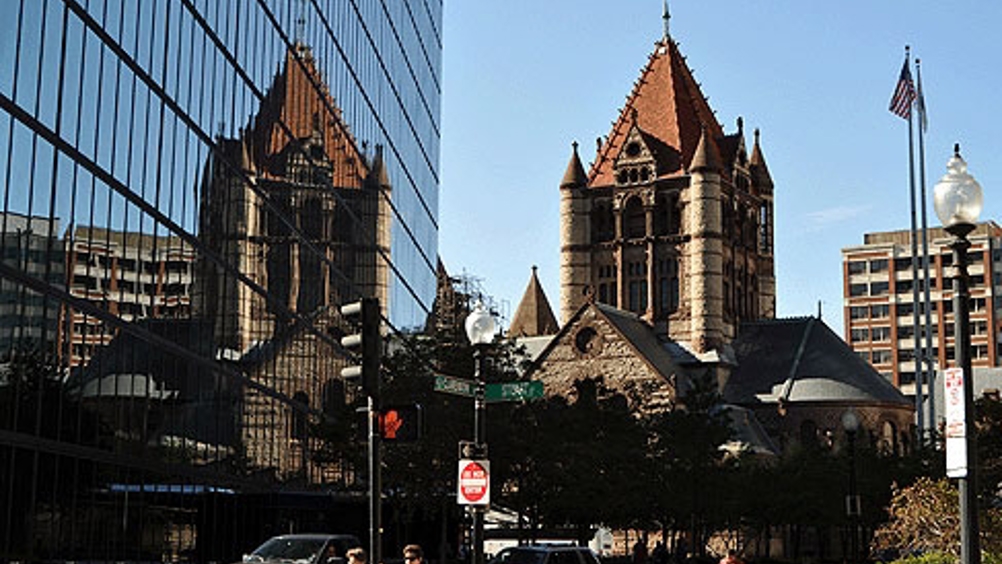Technology Strategy Board offers future cities funding
British cities are being invited to demonstrate how they could integrate their transport, communications and other city infrastructure to improve the local economy, increase quality of life and reduce impact on the environment.

Technology Strategy Board funding will be awarded to the city or urban area in the UK that submits the best proposal for a large-scale ‘future cities demonstrator’, showing how the city’s multiple systems will be integrated and how challenges in the city will be addressed.
According to a statement, the Future Cities Demonstrator programme, which opens today, invites local governments and local authorities to bid for one of 20 £50,000 grants to carry out a feasibility study to develop their demonstrator project proposal.
The cities that have completed the feasibility study will then be invited to submit a proposal for the large-scale demonstrator — and one successful city will be awarded £24m in funding to implement its proposal.
Universities and science minister David Willetts said: ‘People and technology are developing and changing all the time, and we can’t expect our cities to stand still while that is happening.
‘Cities face major challenges such as changes in population and demographics, congestion, waste and pressure on resources and services. This underlines the need for our future cities to have high-quality, integrated infrastructure to meet these challenges.
Register now to continue reading
Thanks for visiting The Engineer. You’ve now reached your monthly limit of news stories. Register for free to unlock unlimited access to all of our news coverage, as well as premium content including opinion, in-depth features and special reports.
Benefits of registering
-
In-depth insights and coverage of key emerging trends
-
Unrestricted access to special reports throughout the year
-
Daily technology news delivered straight to your inbox










Water Sector Talent Exodus Could Cripple The Sector
Maybe if things are essential for the running of a country and we want to pay a fair price we should be running these utilities on a not for profit...